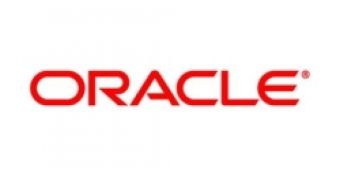The Oracle - Sun merger was finally made official yesterday after several months in the making. Oracle announced that it planned to acquire Sun for $7.4 billion in April 2009, but the deal was blocked off by regulators until very recently. Oracle said the acquisition was a done deal and also laid down some plans for the two companies. The tone was very optimistic and Oracle seems determined to integrate Sun technology with its current products but also to make the company profitable within a year, quite a task considering that Sun has been lingering in past years and had $2.2 billion in loss in 2009.
For starters, most Sun employees have something to be happy about, despite rumors of deep job cuts at the company with some saying as much as half of Sun's 24,000-strong work force would be let go, Oracle said that it would create 2,000 new jobs focusing on creating a strong sales team. There are talks of the company shedding about 2,000 jobs as well, but Oracle didn't confirm an actual number. Sun already slashed about 6,000 jobs in November 2008 and a further 3,000 in October 2009.
The hires are part of Oracle's new plan for Sun which is to start selling directly to customers and forgo its resellers and partners on which it relied in the past. This strategy is key to Sun becoming profitable in the first year under Oracle, but the biggest drive in this direction will be dropping all products which aren't making money.
However, all of Sun's core technologies, UltraSparc, Solaris, Java, and its middleware applications, will live on. The plan is to offer integrated systems, Sun hardware and Oracle software, which the newly formed company says will offer an advantage in both performance and in cost over buying the different components separately. Poor performing products though will be cut, like its line of low cost x64 servers, a market in which Sun hasn't managed to make much inroad. Also on the chopping block is Sun's plan to create a competitor for Amazon's cloud computing offerings.
The same is true for MySQL which will also get to keep its rather independent status within Sun and keep most of team working on the project. Another project that will continue to be rather autonomous is Open Office, the open-source alternative to Microsoft's highly successful suite. The project hasn't made a dent in Microsoft's market share, but Oracle seems determined to push forward and may even launch a cloud version of the office suite. Oracle's plans for Sun definitely sound ambitious, but it remains to be seen if it proves able to follow-through.

 14 DAY TRIAL //
14 DAY TRIAL //